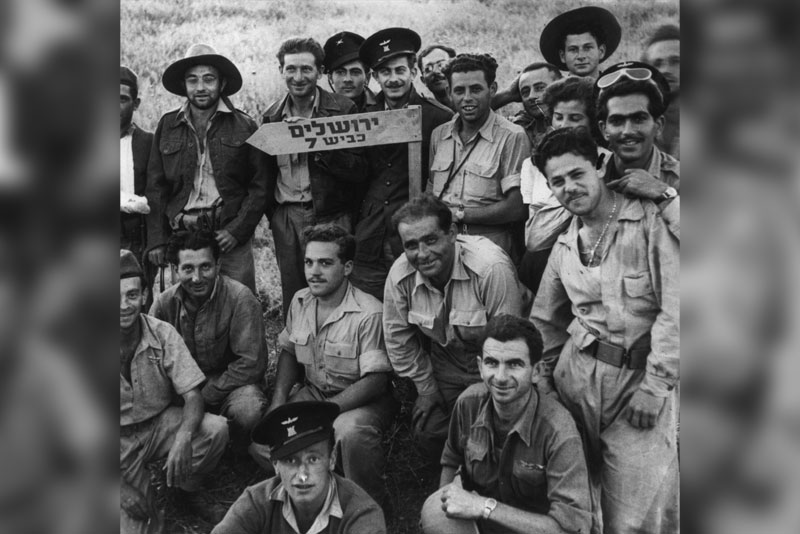 June 1948: Israeli soldiers travel on Route 7 to Jerusalem during the War of Independence. (Photo by Keystone Features/Getty Images)
June 1948: Israeli soldiers travel on Route 7 to Jerusalem during the War of Independence. (Photo by Keystone Features/Getty Images) Early in the war, I noticed a disturbing trend in how anti-Zionist activists and even mainstream news sources were explaining the “context” of the Israeli-Palestinian conflict. Again and again, the War of Independence was missing from the record.
Vox wrote the following: “In 1947, [the British] left the fate of Palestine up to the newly formed United Nations, who voted to divide Palestine into a Jewish state and an Arab state. Soon, Zionist forces and militias began to forcibly expel hundreds of thousands of Palestinians from their land to establish the state of Israel.”
In truth, no history of the conflict is complete without mentioning the War of Independence. It was a massive, bloody multi-front war that reshaped the region. What could possibly justify leaving it out?
I now know that this is a common anti-Zionist tactic. The narrative of the Nakba — the idea that Israel was founded through the violent expropriation of Palestinian land and mass ethnic cleansing, relies on the suppression of the memory of the War of Independence.
If we delete the war, we are left with a story of the Palestinians as innocent victims of Jewish land-theft.
When we include the war, we see that the Palestinians were not victims of ethnic cleansing, but rather were refugees of a genocidal war against Israel that they not only started, but enthusiastically participated in.
When we include the war, we see that the Palestinians were not victims of ethnic cleansing, but rather were refugees of a genocidal war against Israel that they not only started, but enthusiastically participated in.
Those same activists are now attempting to do the same thing with the current war, obscuring Hamas’ massacres from the record in order to engineer a fabricated picture of unprovoked Israeli aggression against Gaza.
Far-left news sites, anti-Zionist influencers, and far-left NGOs were quick to plant their flags into the memory of Oct. 7, claiming it as (in the words of Drop Site News), “the one-year anniversary of the launch of Israel’s genocidal assault on Gaza.” Meanwhile, protestors filled the streets around the world — a year to the day after the most deadly attack on Jews since the Holocaust — to denounce Israel’s “genocide” and call for the end of the world’s only Jewish state.
The same real-time historical revision is at work for the war in the north. Writing in Time Magazine, Jewish Voice for Peace Director Stefanie Fox blamed Israel for the current conflict in Lebanon, writing: “Israel is escalating the violence, engulfing the entire region in a war of aggression.”
But wasn’t it actually Hezbollah who decided to escalate the violence by joining in on Hamas’ attack on Oct. 8? And how can Israel’s response be called “a war of aggression” after absorbing unprovoked rocket attacks from Hezbollah for an entire year?
Alas, such realities don’t exist for Fox, and she’s hoping they won’t exist for the readers of Time Magazine either.
In my last column, I discussed why I saw the date-ification of Oct. 7 — the decision to reference Hamas’ invasion by the date on which it occurred — as problematic. My arguments, briefly summarized, was as follows: by referring constantly to “Oct. 7,” we give the impression that the attack began and ended in a day, when it was actually the opening salvo of a multifront attritional war on Israel’s existence.
Today, I want to recant that column. There is a war being waged for the memory of Oct. 7.
On one side are activists who want to whitewash Hamas’ crimes and even erase them from public memory for the purpose of delegitimizing and weakening Israel. They will scream in the streets to drown out all mention of those who were murdered on Oct. 7. They will tear down any poster of a hostage. On the other side it’s only us — us Jews — fighting an uphill battle for the right to mourn our dead and advocate for our living.
This is not a fight we can afford to back away from.
Matthew Schultz is a Jewish Journal columnist and rabbinical student at Hebrew College. He is the author of the essay collection “What Came Before” (Tupelo, 2020) and lives in Boston and Jerusalem.







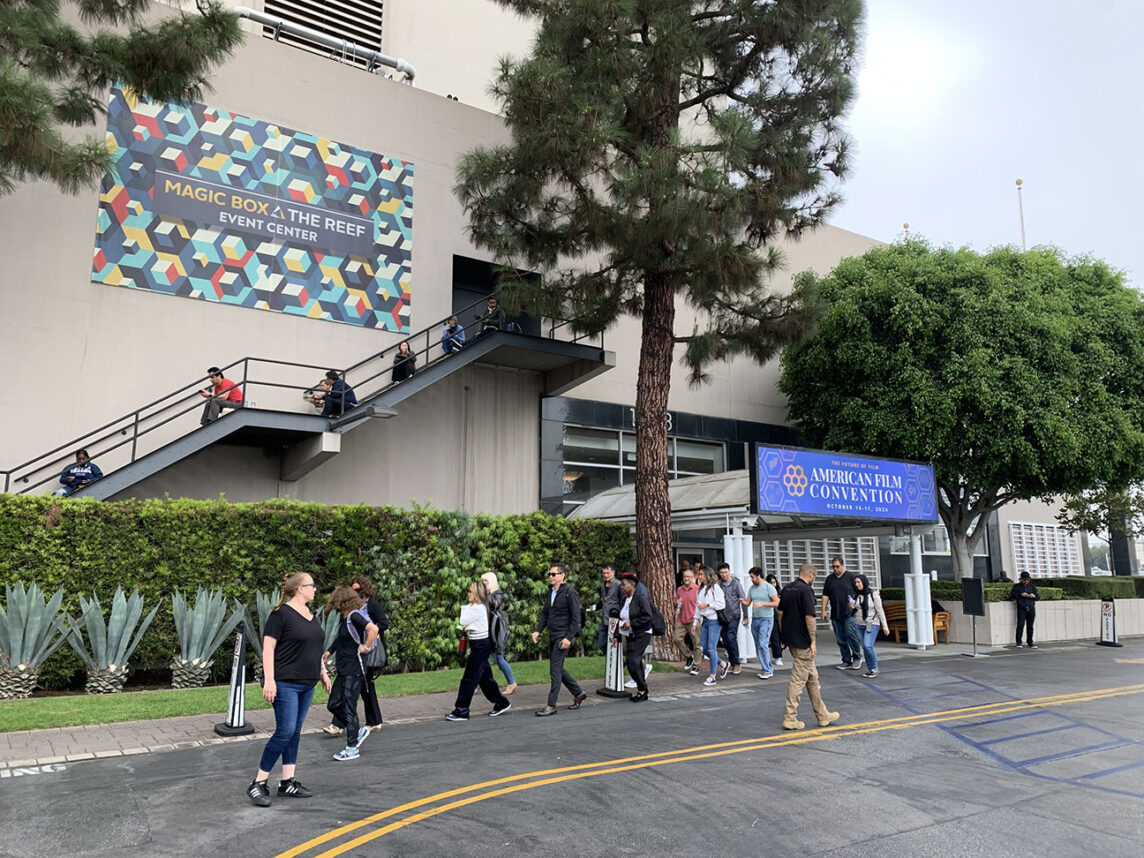
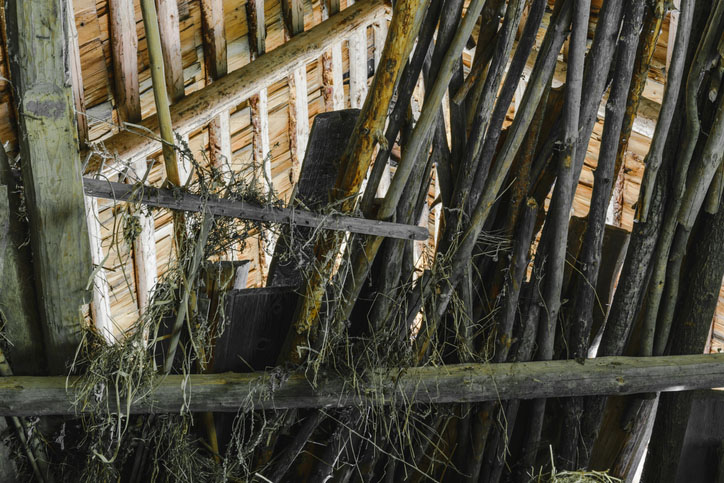


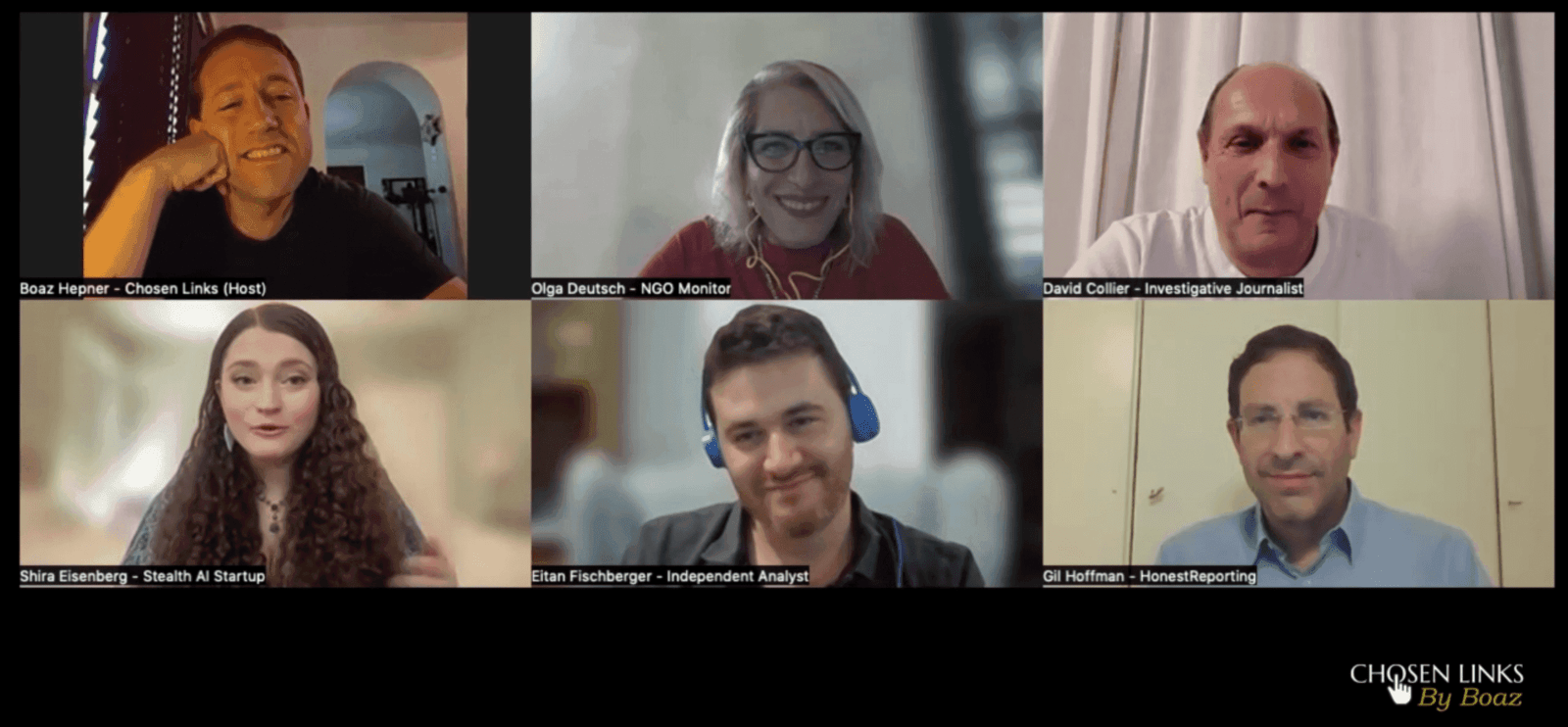
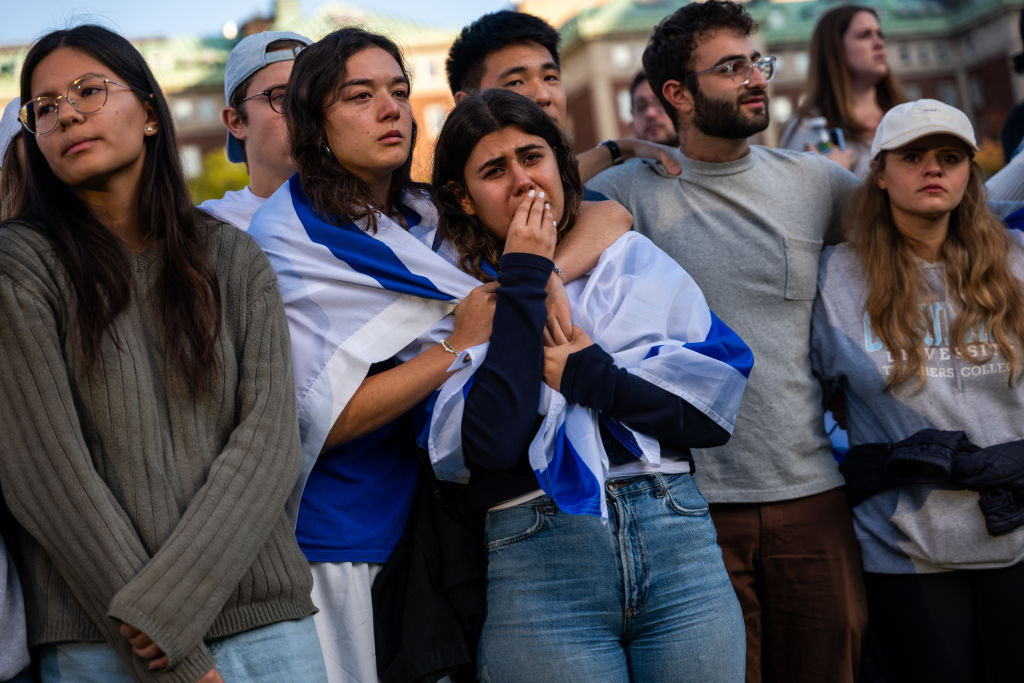

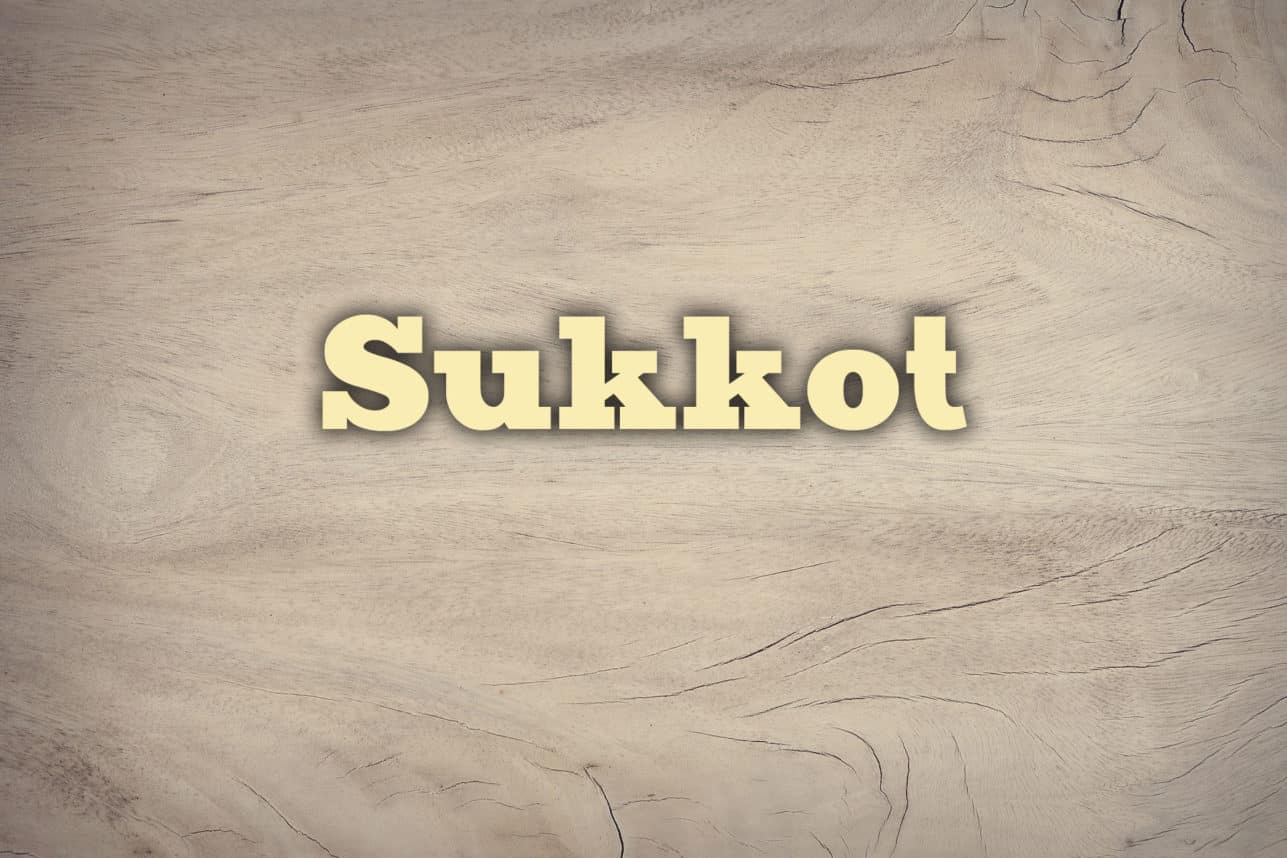
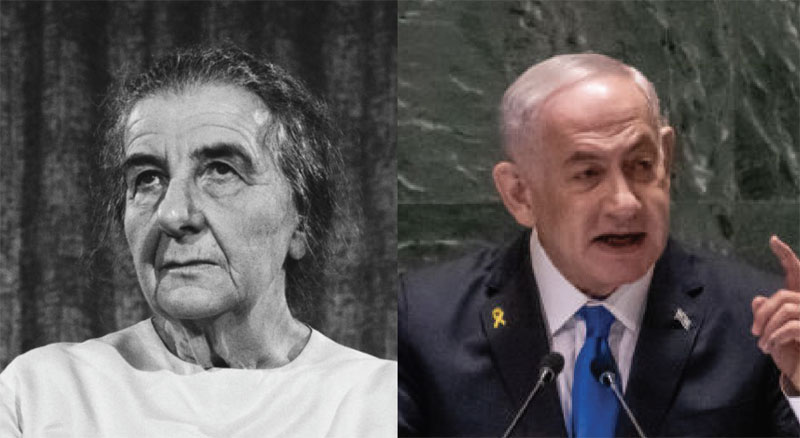






 More news and opinions than at a Shabbat dinner, right in your inbox.
More news and opinions than at a Shabbat dinner, right in your inbox.